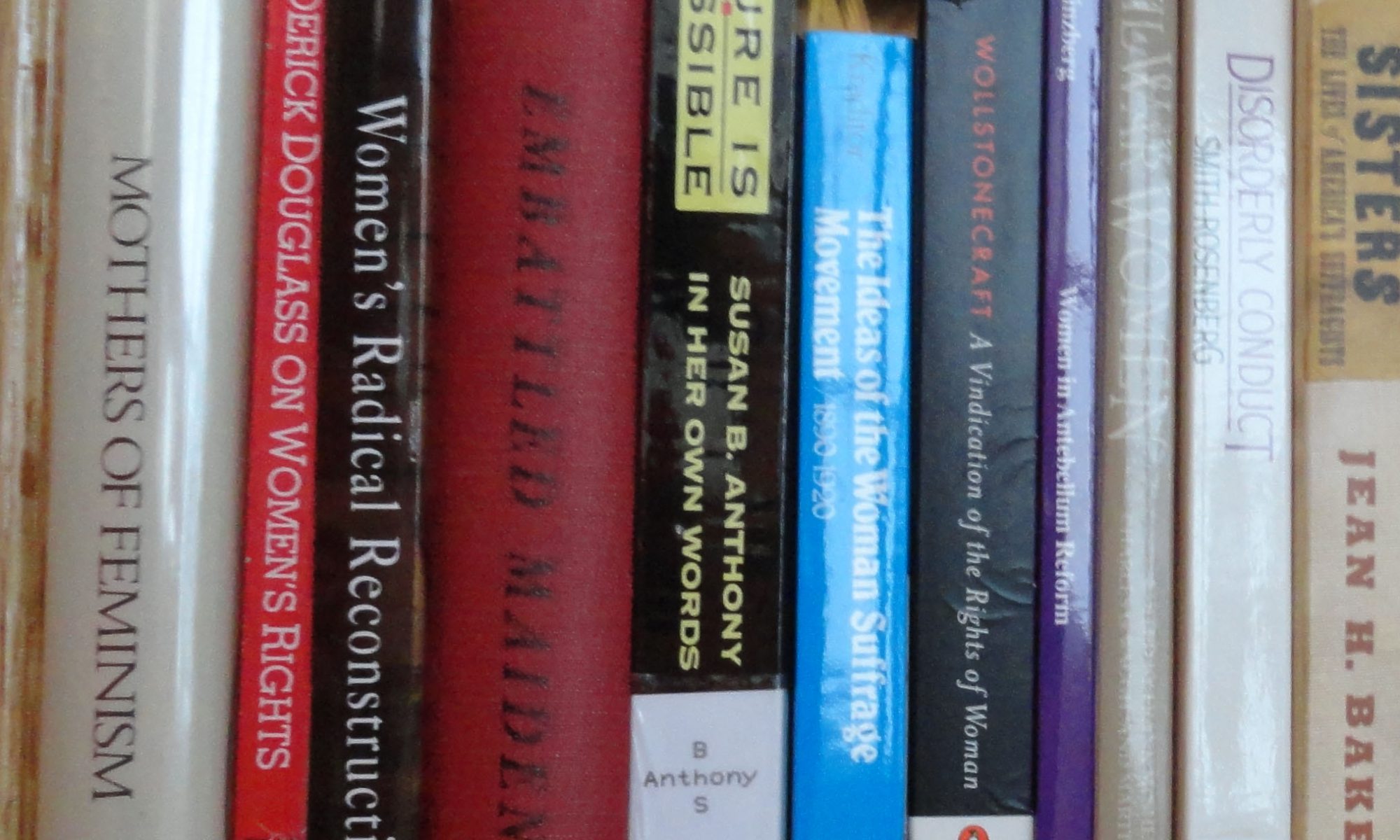 “I had left even their spirits behind me. The wagon jolted on, carrying me I knew not where. … Between that earth and sky I felt erased, blotted out.” Willa Cather “My Antonia”
“I had left even their spirits behind me. The wagon jolted on, carrying me I knew not where. … Between that earth and sky I felt erased, blotted out.” Willa Cather “My Antonia”
Although Willa Cather (1873-1947) was born in Virginia, she was a child of the prairies. Her parents moved to Red Cloud, Nebraska when she was nine. The landscape, weather, and life struggles of the people became the basis of many of her novels. Other novels were informed by the traveling she did.
She developed early as a writer, graduating with a degree in English. She began as a journalist and her first major work was a biography of Mary Baker Eddy, founder of Christian Science. In her lifetime she wrote numerous short stories and over a dozen novels including the prairie trilogy O Pioneers, The Song of the Lark, and My Antonia. She was awarded the Pulitzer Prize for her novel One of Ours.
During her lifetime her books were widely read, extremely popular, and much acclaimed. However, despite the fact that she blazed trails by writing about the harsh lives of ordinary people, critics, especially after the Dust Bowl, attacked her as being too romantic and conservative in her view of life.
Despite her literary success Cather proved very sensitive to criticism, however. She became reclusive in later years spending time in her isolated home in New Brunswick, Canada. Today, Cather occupies an honored position as an important American woman writer. To learn more about her life visit the Willa Cather Archive. The following excerpt is from Four Letters in Willa Cather on Writing: Critical Studies on Writing as an Art pp. 9-10 in which Cather writes about her inspiration for the novel Death Comes to the Archbishop.
My book was a conjunction of the general and the particular, like most works of the imagination. I had wanted all my life to do something in the style of a legend, which is the absolute reverse of dramatic treatment. Since first I saw the Puvis de Chavannes frescos of the life of Saint Geneviève in my student days, I have wished that I could try something a little like that in prose; something without an accent, with none of the artificial elements of composition. In the Golden Legend the martyrdoms of the saints are no more dwelt upon than are trivial incidents in their lives; it is as if all human experience, were of about the same importance. The essence of such writing is not to hold the note, not to use an incident for all that is in it – but to touch and pass on. I felt that such writing would be a discipline in these days when the “situation” is made to count so much in writing when the general tendency is to force things up. In this kind of writing the mood is the thing – all the little figures and stories are mere improvisations that come out of it.
Are novelists the characters they write about?
What do you believe the essence of writing is?
